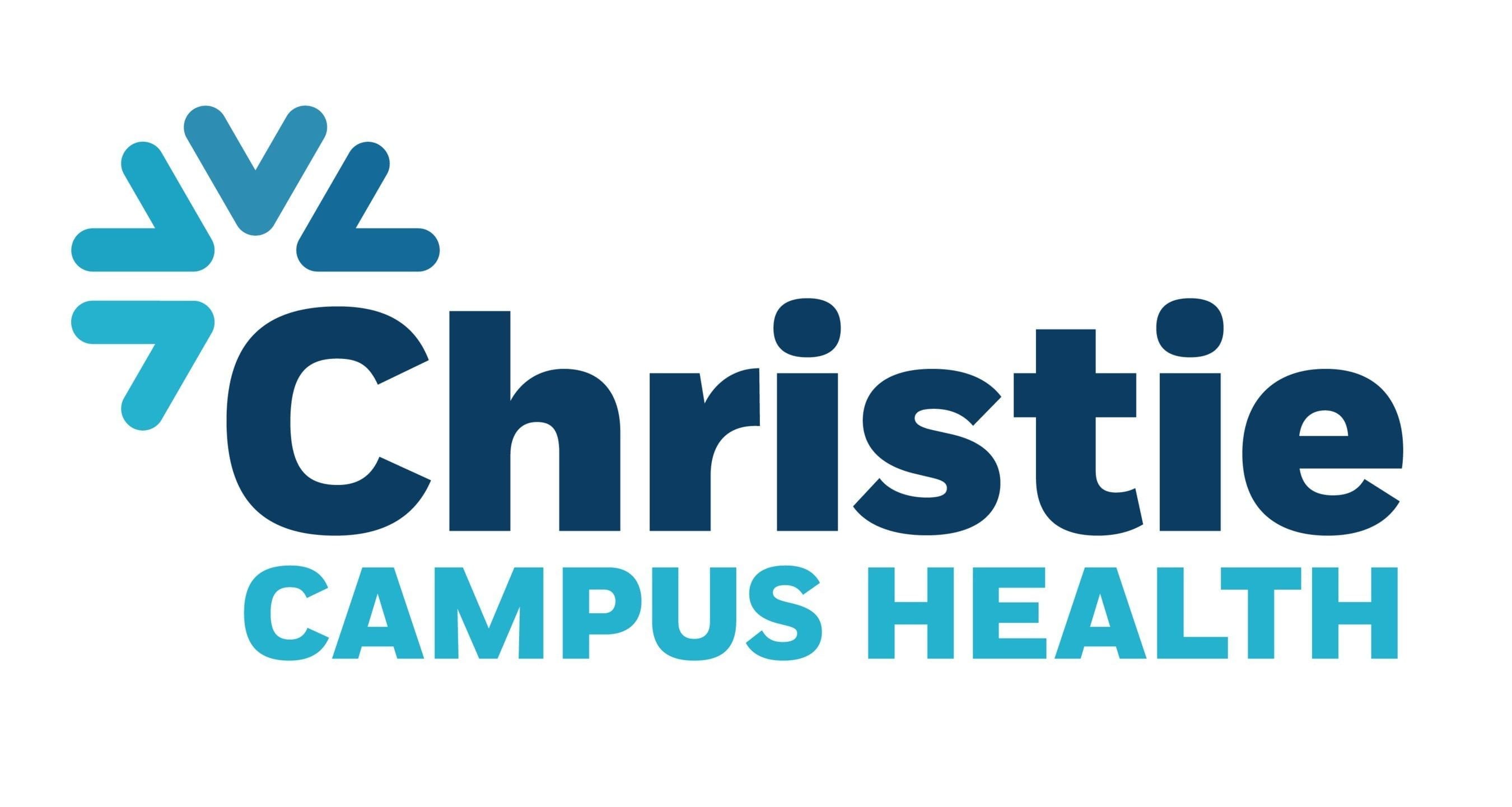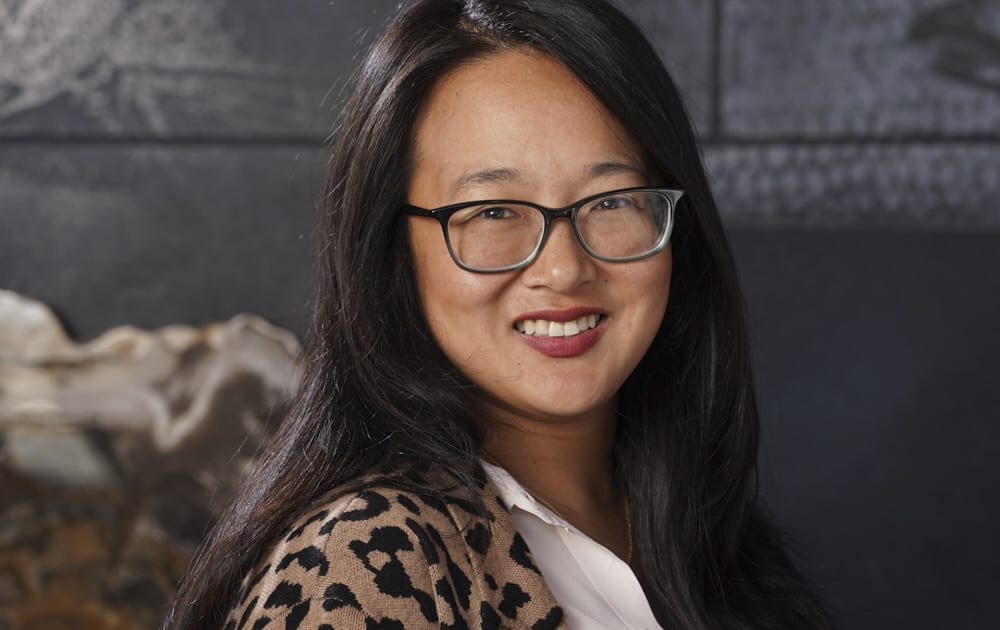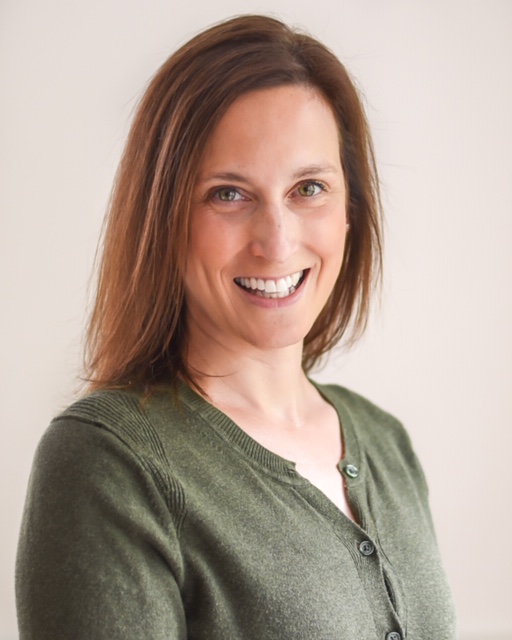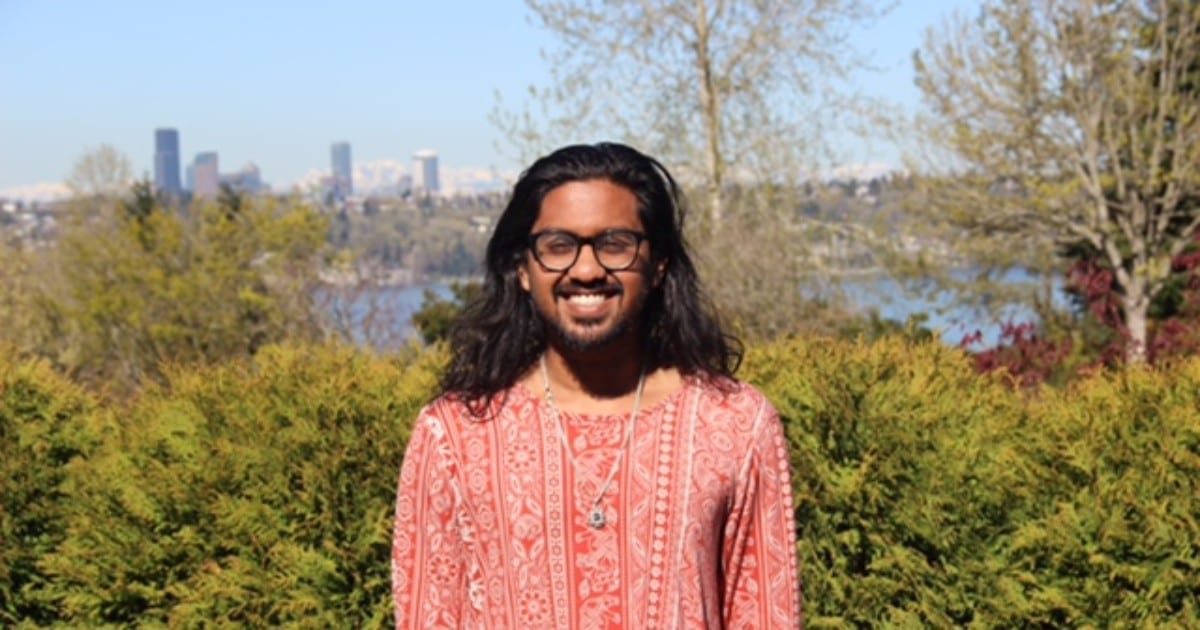Our vision for FRONTLINES, a column in the Mary Christie Quarterly, is to learn more about our college health leaders who work tirelessly to create a healthy and safe environment for our college communities. They are committed professionals often “behind the scenes” and on the “FRONTLINES.”
Debbie Beck is Chief Health Officer and Director of Health and Well-Being at the University of South Carolina. She epitomizes resilience, inclusive management, leadership, and emergency response, which is evident throughout her career. As a high school student, she was not thinking of going to college, until fate steered her toward a technical school and then to a community college where she says “…the community college saved my life and made me fall in love with learning.” She ultimately earned a doctoral degree and became the voice of college health during COVID-19 for her own university and other colleges nationally as part of the ACHA COVID-19 Task Force.
Enjoy reading about Debbie Beck, a true leader in college health through her journey, her work and her accomplishments!
Gerri Taylor: Debbie, so nice being with you today. This is our first interview for our new FRONTLINES series. I chose you because of your unique educational journey and exceptional work responding to COVID at the University of South Carolina. Can you tell me a little bit about your journey into college health?
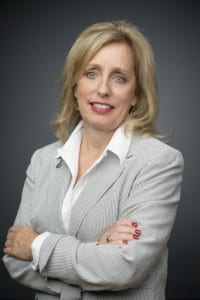
Deborah Beck, MPA, Ed.D., FACHA
Debbie Beck: Sure. My dad was in the Marines, so we moved around a fair amount. When I was in high school, I didn’t know college was an option. None of my family had ever gone to college. During my senior year, I went to the hospital for a rotation in the intensive care nursery. I was fascinated by watching a respiratory therapist there who attended high-risk deliveries, intubated the babies and managed the ventilators in the nursery.
I found a respiratory therapist program at Greenville Technical College in South Carolina. That community college saved my life and made me fall in love with learning. When I graduated from respiratory school, I immediately was hired back in North Carolina at Mission Hospital to work in the nursery and ultimately became a neonatal pediatric clinical specialist.
At that point, we were looking at doing air transports, so I became part of a group of people from the emergency room and administration who wrote a grant that helped with the funding of the air transport team. I eventually went into teaching about transporting newborn infants or neonates – it’s different in an ambulance versus 5000 feet in the air in a helicopter. I got into teaching after I was asked to speak to 500 people at a respiratory therapy conference, where I felt comfortable presenting on the differences in emergency transport of newborns as related to altitude.
I was taking classes for my bachelor’s degree in healthcare supervision at the time, while still working. That’s how I fell in love with learning. I finished my degree and heard that Southwestern Community College was starting a respiratory therapy program. I wanted to teach and be the director of that program. It was a long shot because I was 25 years old, had only six years of experience and had just finished my bachelor’s degree. I got the job. I wrote the curriculum and developed that program.
Gerri Taylor: What did your family think of all of this?
Debbie Beck: It was very surprising to my family, especially my father. He always wanted that to happen, but he didn’t know how to get me there. I’ve been so fortunate to have so many mentors.
Then I began working on my master’s degree in public administration at Western Carolina University. A friend mentioned that Western Carolina University was looking for a director of their health center. He said, “I think you would do a great job because you have the healthcare background, and you love education.” I got the job in college health in 1998 and stayed seven years while also working on my doctoral degree.
All the stars had lined up through my career path. My doctoral topic was how health-related issues impact the retention of students, looking at why students leave colleges and universities due to health issues. I presented my dissertation at the annual meeting of the American College Health Association and an attendee asked if I wanted to apply for the director’s job at the University of South Carolina. I was offered the position and came to USC in 2006. H1N1 appeared on campus in the summer of 2009. And now 11 years later, COVID is here. I loved emergency management from the very beginning. My brain just works quicker, faster, and more clearly in those situations.
Gerri Taylor: Let’s talk about COVID. You’re on the American College Health Association COVID-19 Task Force and have presented numerous times. I want to ask about COVID, but let’s start with how you began planning for a new Health Center there.
Debbie Beck: We had tremendous support for wellbeing on our campus as our then president was an epidemiologist who understood that public health and overall health and wellbeing should be a priority. He supported building a new facility to that end. We chose an architectural firm which supported our vision of wellbeing. All on campus were very involved in the process.
Gerri Taylor: You mentioned something called “biophilia” in building design – what does that mean?
Debbie Beck: It means buildings which make you feel like you’re one with nature. No matter where you were in the building, you could look and see the sky or a tree outside. There was a lot of glass in the building. We learned how colors can decrease anxiety and stress. We wanted to make sure that the building had a calming effect when people walked in.
The colors used were green, blue and yellow with a “balance of nature.” The foundation was yellow and considered the roots of the foundation of wellness. Each level of the building has a dimension of wellness which matched a color. When we started naming our pods or areas, we named them after trees that were natural to our area.
Gerri Taylor: How long did the project take?
Debbie Beck: I learned so much about building design because I was with the architect each and every step – we met on a daily or weekly basis. The center was completed on time exactly 18 months from shovel in the ground to move-in. I kept a countdown timetable on my phone. We moved into the building on my birthday.
In the old building, we had 11 exam rooms and now have 52 exam rooms. We have primary care, sports medicine, physical therapy, women’s health, lab, x-ray, pharmacy, physical therapy, allergy, immunizations, travel. We also have our “healthy campus” wellness initiatives. Our behavioral health specialists are embedded into primary care. Counseling services are in a building adjacent to us with a passageway joining the two buildings. We wanted to make sure that we stayed true to the medical home concept with all health areas collaborating under one roof.
As part of the process, I started attending the national Healthcare Design conferences, where they simulated health care buildings which had made mistakes and did not work. We kept bringing new designs to staff and students as we learned from mistakes of others. We also learned a lot about H1N1. We decided we needed to have a negative pressure room as well as one wing powered by a generator in the event of an electrical outage. When we had our first COVID patient last spring – that patient was placed in the negative pressure room in the wing with the generator.
At the onset of COVID, at least ten of us worked around the clock. Our director of strategic health initiatives and wellness staff all became case managers, did contact tracing, and helped with isolation and quarantine. Every student that was put in isolation was assigned a case manager with access 24/7. The architects had the foresight to suggest building bathrooms with shower facilities off of my office and those amenities became crucial during the height of the pandemic.
Gerri Taylor: Tell me more about all this in the context of COVID?
Debbie Beck: Our new president, President Caslen, former president of the U.S. Military Academy at West Point, was the right man at the right time because he had a military background and he believed this is the enemy. He said, “We’re going to set up the troops and fight this, and we’re not going to give up.”
He put together this phenomenal future planning group – the FPG five. So, it was the president and the FPG five, who were coaches. There were eight subgroups underneath that. I chaired the public health and risk management sub-groups. There were groups for health and safety, academics, visitors, administration, finance, emergency management, police, athletic director, provost, legal counsel, etc. We had over 400 people in all as part of these sub-groups. Talk about accountability. We met every single day. I was the incident commander. I was extremely fortunate to have President Caslen on our leadership team, as well as Lee Pearson from the School of Public Health and Melissa Nolan, epidemiologist. All of us including the president are now known as the “Quaranteam” and we ordered t-shirts with the words “Quaranteam” and positive words – optimism, caring, inspiring, compassion.
Gerri Taylor: Where did you isolate students?
Debbie Beck: At one point we had 444 people in isolation. We fortunately had a residence hall, with 170 beds, scheduled for demolition. We also contracted with the on-campus National Advocacy Center with 150 beds and rented a local hotel for additional beds. The highest number of positive tests in one day was about 300.
Gerri Taylor: How do you deal with the contact tracing for that many people?
Debbie Beck: We traced all of the people who were on campus and public health traced those in the local community. We have always had an amazing relationship with the South Carolina Department of Health and Human Services, which covers all of South Carolina’s environmental control and disease epidemiology. Every year we do a drill for “point of dispensing” (“pod”) flu vaccine on how many meds or how many shots you can give out in a day. This relationship was key in our management of COVID.
Gerri Taylor: What was the toughest situation you had to confront during COVID?
Debbie Beck: Last March when COVID just hit the U.S., our president had been here less than a year. I went into his office with our Chief of Police and Vice President of Administration and Finance and said, “We can’t bring students back from spring break. If we do, this is what’s going to happen.” This was a tough conversation.
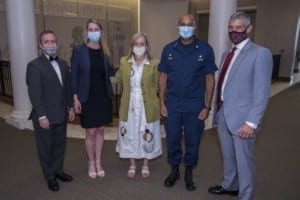
COVID team at University of Southern Carolina
We had parents saying, “You should not be bringing our students back.” Other parents were saying, “We really need to bring our students back.” “They need to have somewhat of a normal life, even if it’s with masks, and even if it’s with social distancing.” We held town hall meetings almost every week with me and President Caslen and a few others. We would have thousands of parents on Zoom. We finally started getting a lot of positive feedback from parents and from the city. So slowly, but surely, everybody saw that we were using science to guide our decisions.
The media criticism of the university’s decision to bring students back in the fall was the most difficult. I supported our decision, but when the press questioned us, it made us really stop and think about whether we were making the right decision. We did not want to disappoint our students and I did not want to disappoint our president. Standing tough through some of the worst criticism was very difficult. What saw me through this was the strength of knowing that science was driving our decisions and that the wellbeing of everyone was our priority.
Gerri Taylor: Did you lose anyone to COVID?
Debbie Beck: No, not on our Columbia campus, we did not. In the very early part of the pandemic, we tragically lost a nursing student from one of our system campuses who also worked part time at a nursing home.
Gerri Taylor: What helped you to get through these tough times?
Debbie Beck: I love sailing. During that period of time, I thought about sailing when this is all over with. Spending time with friends during the pandemic – just sitting and talking about the impact that it had on us, our students, our parents, the community was huge. If we didn’t have that sense of community, it would have been a lot more difficult. My twin sons are also my true north. We talked a lot. We did Zoom and FaceTime, but as they live out of state, I didn’t get to see them during the pandemic and that was absolutely the worst part for me – not being able to touch them and see them, and not knowing if they have COVID and what was going to happen. It was extremely tough.
Gerri Taylor: Debbie, what message would you want to give college presidents regarding health crises on campus?
Debbie Beck: That the president’s leadership and support is critical, getting the right team to the table to help make decisions. To utilize the experts on your campus, starting with your college health center, and to provide support and expertise to the team. Expect accountability. For every ounce of accountability, our president gave 10 times the support. Presidents need to know the importance of their support and confidence in the value of the health center to improve the overall wellbeing of their campus. Wellbeing is critical to the retention and recruitment of students, faculty and staff.
Gerri Taylor: How do you coordinate or collaborate with the counseling services?
Debbie Beck: Well, fortunately, in our designation as patient-centered medical home, counseling is integrated with health. We embed mental health into primary care. So mental health, on our campus, is one of the highest priorities and needs to be part of all we do. When you look at the statistics, most people who are suicidal, or die by suicide, have seen their primary care provider within the past 12 to 18 months. I think the importance of embedding counseling inside your medical units is the way to prevent bad outcomes.
An associate vice president here made a comment when we were talking about our decision to apply for accreditation as a health, counseling and wellness collaborative “medical home” rather than only as a “health center.” She said, “It’s almost like we were taking that medical home concept and we’re putting it through the division of student affairs throughout the university, because not only are we here to take care of our students and refer them to campus mental health, if that’s what they need, but if they need the career center, or if they need the student success center, or if they need the disability services, or if they need any other service, we kind of served as a network of resources for our students.” I think our campus has really bought into that concept that we’re all a piece of the pie to keep the student here. Retention is important for the school and for the student to graduate and contribute to our country’s economic development.
Gerri Taylor: Thank you so much, Debbie. Your dedication and passion for your students and staff is palpable. May your journey continue to bring the best of health care and wellness to your students. Keep up your wonderful work in college health!
Sponsored by Christie Campus Health
